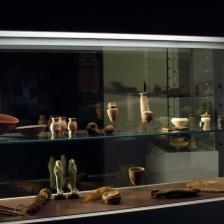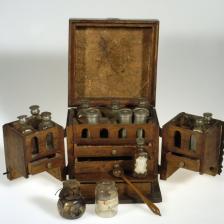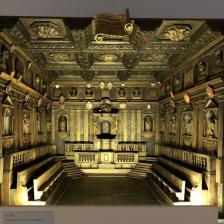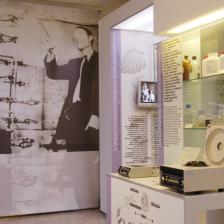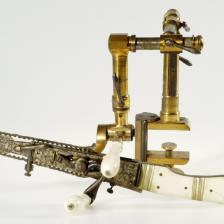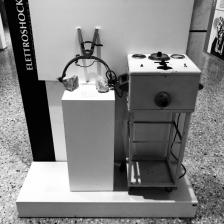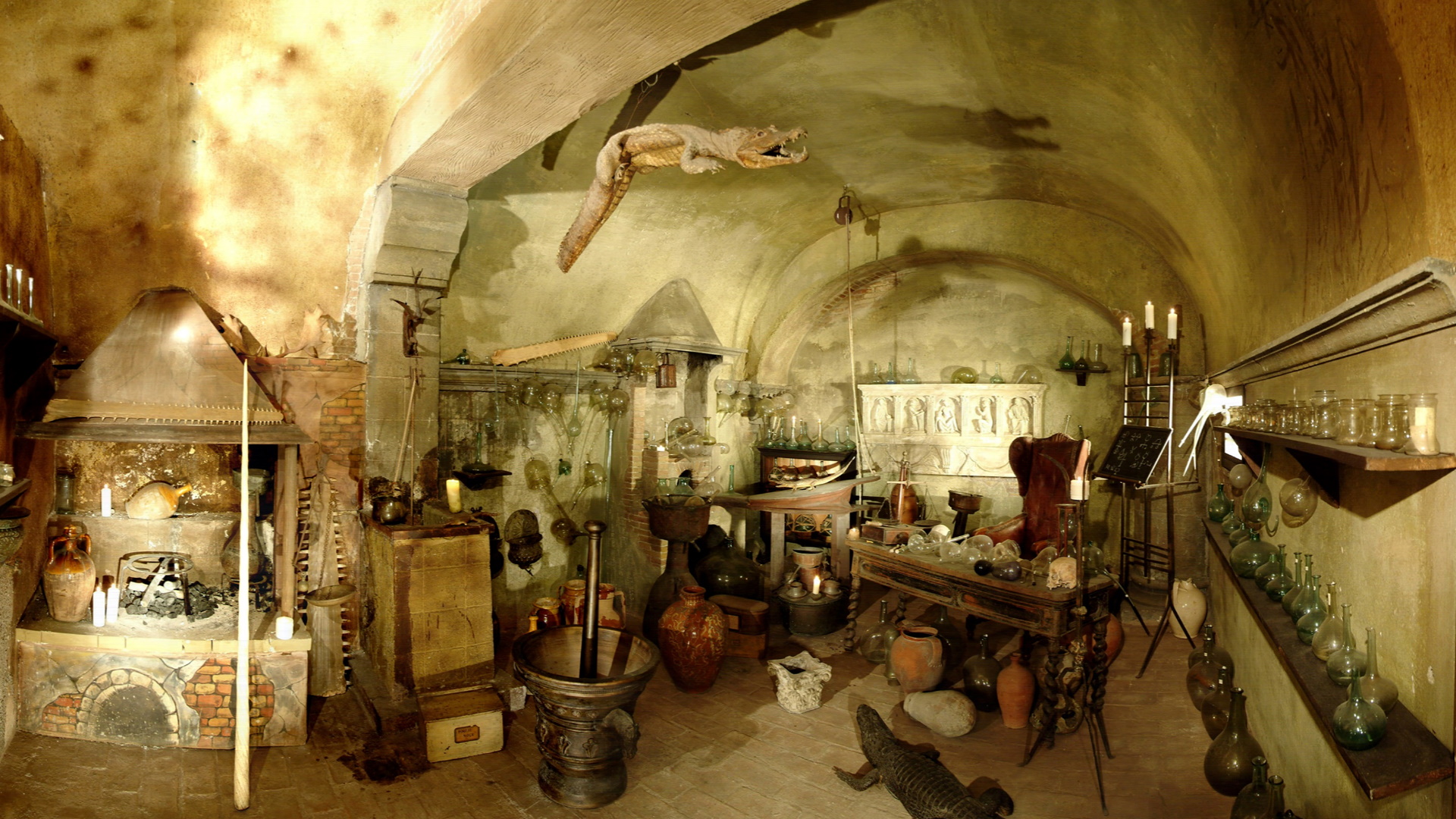
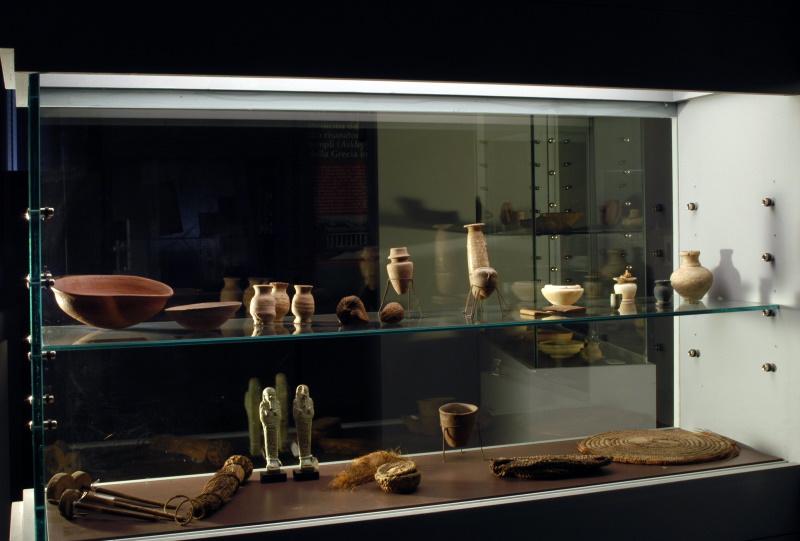
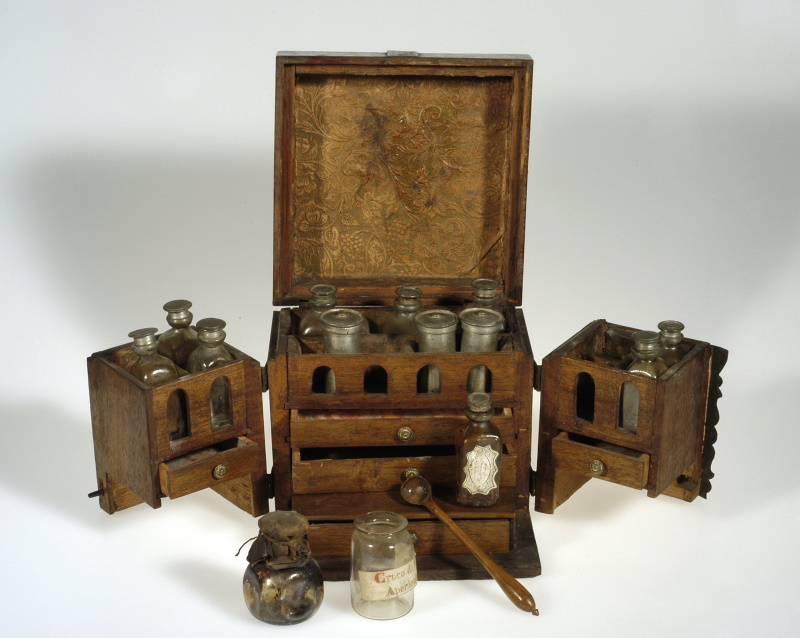
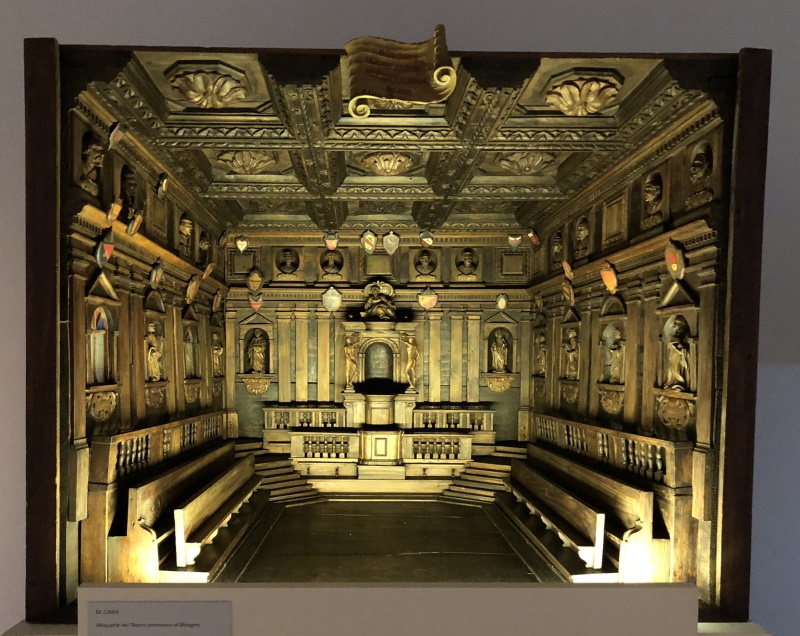

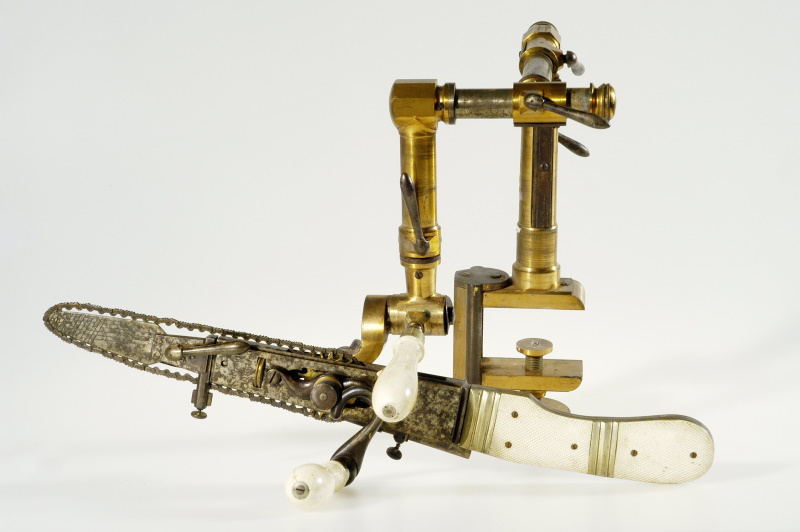
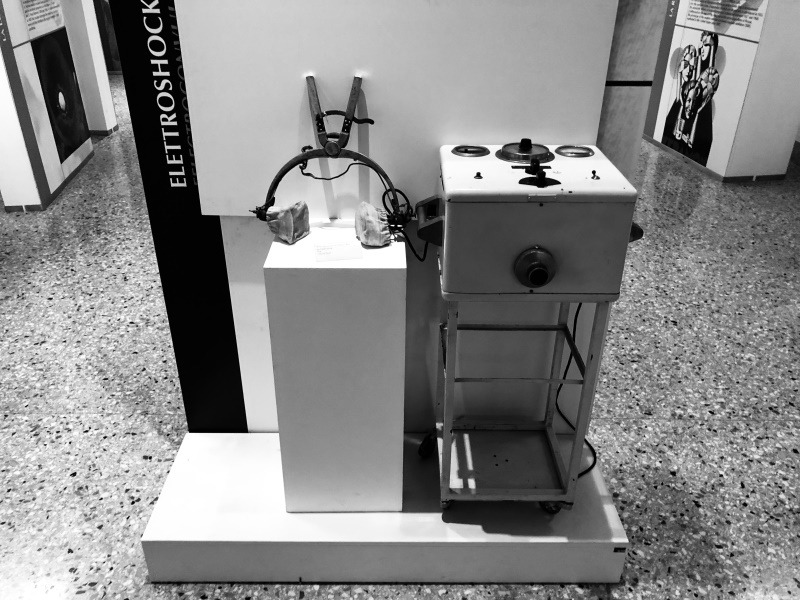
Founded in 1938 by Adalberto Pazzini, the Museum of the History of Medicine preserves a rich collection of objects that allow us to reconstruct the evolution of medical knowledge and practices from prehistory to the genomic revolution.
Its current location was inaugurated in 1954, inside the Sapienza Università di Roma. It consists of collections for medical-didactic documentation purposes, including that of the opera singer Evan Gorga, acquired in 1947, which still represents the central and most valuable nucleus. The collection displays ancient and modern finds. It includes apothecary vases, albarelli, and hydria belonging to Italian manufacture of various origins (Faenza, Deruta, Caltagirone, and Cafaggiolo), portable pharmacies made with rare craftsmanship between the 17th and 19th centuries, objects relating to hygiene, alchemical and pharmaceutical glassware, surgical instruments intended for general surgery, dentistry, obstetrics, 16th-century alfonsinos for the extraction of bullets from firearms, restraining tools, microscopes from the 17th-19th centuries, some of which are handmade, various scientific instruments, paintings, furniture, and an important collection of votive offerings from the Roman period.
The Sarnelli collection, largely made up of medicinal plants, and the Neuschuller collection, with apothecary jars and ophthalmological instruments, are also part of the museum's assets. Some finds relating to the art of embalming constitute a permanent deposit from the Egyptian Museum of Turin of objects testifying to the ancient Egyptian civilization.Today, the Museum of the History of Medicine clearly shows the signs of the transformations that have taken place over time and appears to have been profoundly renewed in terms of technologies, teaching, and scientific insights but does not deny the original didactic-documentary imprint.
The museum path, spread over three floors, is designed as a journey itinerary: a permanent exhibition of medical and scientific objects, finds, and instruments from different eras, and some environmental reconstructions, that allow you to discover and follow the evolution of Western medical thought from antiquity to modern medical biotechnology.
Science museums in Rome
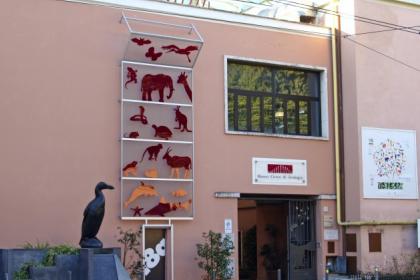
 Condividi
Condividi
Città Universitaria La Sapienza
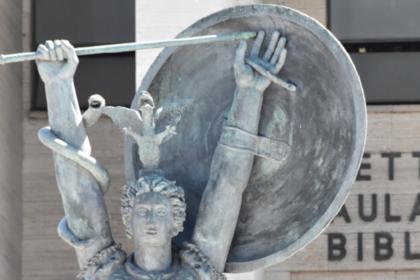
 Condividi
Condividi
The Monumental Cemetery of Verano
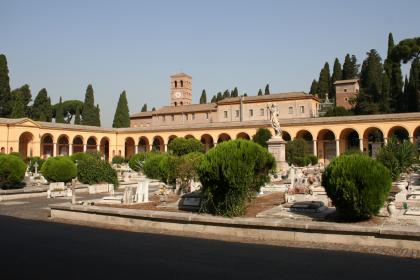
 Condividi
Condividi
Information
For the opening times and guidelines please check the official websitehttps://web.uniroma1.it/museostoriamedicina/orari
 Condividi
Condividi
Location
To find out about all accessibility services, visit the Rome accessible section.












































